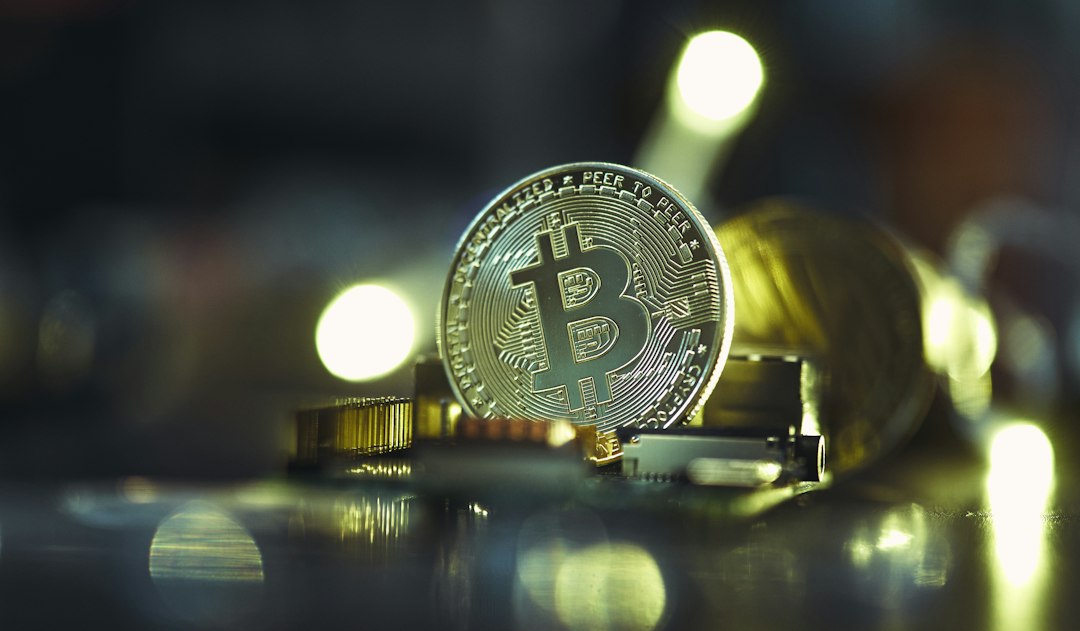Blockchain in Healthcare: Enhancing Security and Privacy in Medical Data
When it comes to your medical data, security and privacy are of utmost importance. With the rise of digitalization in healthcare, there is an increasing need for a secure and efficient way to store and share sensitive medical information. This is where blockchain technology comes into play.
What is Blockchain?
Blockchain is a decentralized, distributed ledger technology that securely records transactions across multiple computers. Each block in the chain contains a cryptographic hash of the previous block, creating a secure and immutable record of all transactions.
One of the key features of blockchain is its ability to provide transparency and security without the need for a central authority. This makes it an ideal solution for industries like healthcare, where data security and privacy are paramount.
Enhancing Security and Privacy
Blockchain technology can significantly enhance security and privacy in healthcare by providing a tamper-proof and transparent system for storing and sharing medical data. By using encryption and consensus algorithms, blockchain ensures that medical records are secure from unauthorized access or tampering.
With blockchain, you have control over who can access your medical data, giving you greater privacy and peace of mind. Additionally, the decentralized nature of blockchain reduces the risk of a single point of failure or data breach, making it a more secure option for storing sensitive information.
Improved Interoperability
Another benefit of blockchain in healthcare is its potential to improve interoperability between different healthcare providers and systems. Currently, medical records are often siloed within individual healthcare organizations, making it difficult to share information seamlessly.
Blockchain can facilitate the secure exchange of medical data between different entities while ensuring that the integrity and privacy of the data are maintained. This can lead to better coordination of care, improved patient outcomes, and reduced administrative burden for both patients and providers.
Reduced Administrative Costs
By streamlining processes such as claims processing, billing, and supply chain management, blockchain has the potential to reduce administrative costs in healthcare. The transparent and efficient nature of blockchain can help eliminate redundant processes and reduce the risk of fraud or errors.
This can ultimately lead to cost savings for healthcare organizations, which can then be passed on to patients in the form of lower healthcare costs. With blockchain, you can expect a more streamlined and cost-effective healthcare system.
The Future of Healthcare with Blockchain
The potential applications of blockchain in healthcare are vast, ranging from secure patient identity management to drug traceability and clinical trials management. As the technology continues to evolve, we can expect to see more innovative solutions that leverage blockchain to improve the overall quality and efficiency of healthcare delivery.
With its ability to enhance security, privacy, interoperability, and cost-effectiveness, blockchain has the potential to revolutionize the way medical data is stored and shared. As a patient, you can look forward to a more secure and seamless experience when it comes to managing your health information.
Frequently Asked Questions (FAQs)
What are some examples of how blockchain is currently being used in healthcare?
A: Some examples include using blockchain for secure patient identity management, supply chain management for pharmaceuticals, clinical trial management, and secure sharing of medical records between different healthcare providers.
Is my medical data safe on a blockchain?
A: Yes! Blockchain provides enhanced security through encryption and consensus algorithms. Your medical data is stored in an immutable ledger that is resistant to tampering or unauthorized access.
How does blockchain improve interoperability in healthcare?
A: Blockchain enables secure exchange of medical data between different entities while maintaining data integrity and privacy. This helps break down silos between different healthcare organizations, leading to improved coordination of care.
Can blockchain reduce administrative costs in healthcare?
A: Yes! By streamlining processes such as claims processing, billing, and supply chain management, blockchain has the potential to reduce administrative costs and eliminate redundant processes in healthcare.
In conclusion,
The use of blockchain technology in healthcare holds great promise for enhancing security and privacy in medical data. With its ability to improve interoperability, reduce administrative costs, and provide a more seamless experience for patients, blockchain has the potential to revolutionize the way medical information is managed. As we continue to see advancements in this space, we can expect a future where our health information is more secure than ever before thanks to blockchain technology.





 By
By

 By
By

 By
By